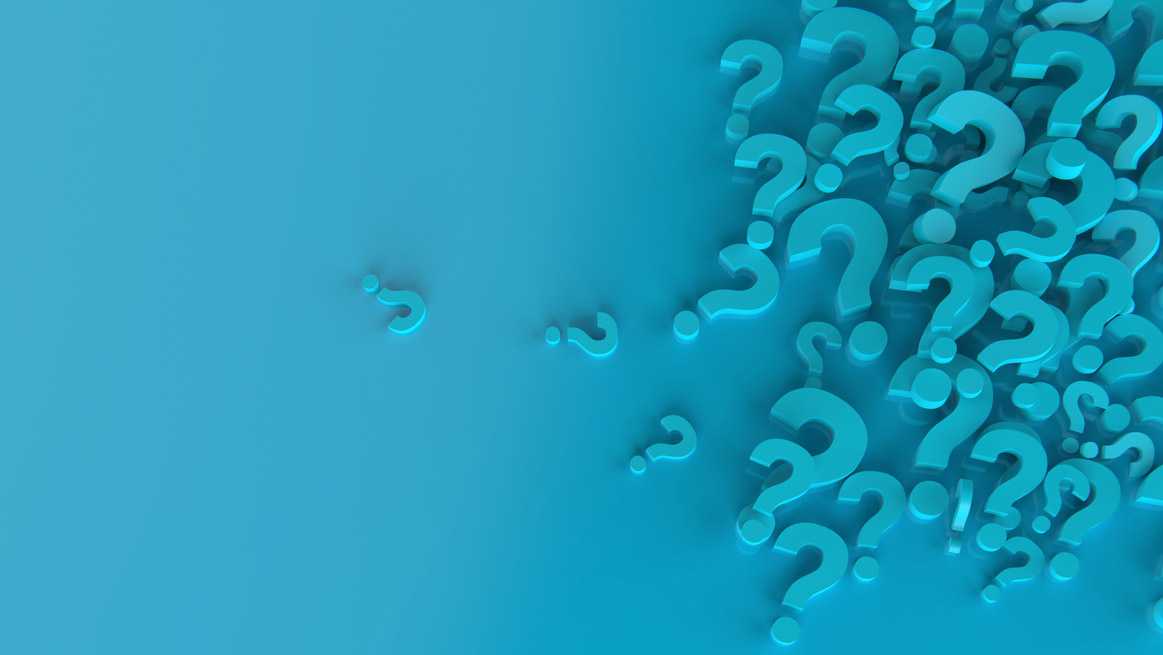
My partner in the insurance business was a man named Tony Cook. Smart, unflappable and with a gentle sense of humor, we both had come to insurance by circuitous routes.
His, however, was more so than mine. Tony came from a military family; he’d served as a French interpreter during the Vietnam war. He taught French after the war at Denver University back when it teetered on the edge of bankruptcy. Tony robbed the cradle at DU, marrying one of his lovely students, Carolyn. Teaching French was an occupation that allowed him, as he put it, “to live in gentile poverty.” But it didn’t allow for a family; hence, the switch to insurance.
Tony’s father, Charles, graduated from Annapolis in time to get into the thick of it in the Pacific during World War II.
During the furious sea battles off the tiny island of Guadalcanal during the early days of the war, Charles was a junior officer working in the bowels of the cruiser, USS Helena. The Helena’s first engagement off Guadalcanal was a chaotic night time encounter, The Battle of Cape Esperance. Although the Helena survived Cape Esperance unscathed, she was later torpedoed and sunk near the end of the brutal six month fight for the island, which ended with a Japanese defeat in February of ’43. Tony’s dad was among the 1,000 survivors from the Helena.
Charles did more than simply live to raise a family after the inferno of WWII. He also lived to tell the tale in his book, The Battle of Cape Esperance: Encounter At Guadalcanal. “The fog of war” might be a hackneyed phrase when it comes to battles. But that doesn’t make it any less true. And it applies in spades to what happened on the night of October 11, 1942 off Cape Esperance. The Japanese navy was skilled at night fighting-they didn’t have much choice since they didn’t have radar. The Americans had radar on that night, but it was a new technology that they had yet to master. The result was utter confusion when the two sides blindly stumbled into one another and began firing at 11:46 p.m. off the Cape.
By the time it was all over the next afternoon, the Americans could claim victory. Not only because they had sunk more enemy ships, but mainly because they had learned enough hard lessons to demonstrate that they could go toe to toe with an Imperial navy that only two months before had dealt the American navy its worst defeat ever at the Battle of Savo Island as the see-saw struggle for Guadalcanal was just getting underway.
“If” is the name the then retired Captain Cook gives to the final chapter of his book. It’s a series of speculations about how the battle’s outcome could have been reversed had a number of seemingly small incidents gone differently.
Decades later, Tony and I occasionally visited in the insurance office at the end of the work day as he puffed on a cigarillo. I knew that Tony had a child that was battling bipolar disorder. In the throes of yet another debilitating bout with depression myself, I was finally willing to concede I needed help. Gingerly, I approached Tony with the subject. “I was committed to Mount Airy Psychiatric Hospital years ago. The highs and lows of bipolar are something I’ve struggled with occasionally ever since. Have you found a psychiatrist who’s helpful?”
“Yes,” Tony responded, looking at me under a raised eyebrow, “Jay Carlson is very good. Let me give you his number.”
Marleen and I were in Dr. Carlson’s office before the week was out. It took time, but Dr. Carlson eventually figured out the right combination of drugs that smoothed out the wild highs and crushing lows that beset my mind.
Bipolar disorder wages war with little mercy. Researchers estimate that 25%-65% of people with bipolar will attempt suicide. Four to nineteen percent will be “successful,” a rate that is substantially higher for men than women. Bipolar reduces the life expectancy an average of sufferer by 9-20 years.
If Charles had gone down with the Helena during those desperate days off Guadalcanal so long ago, I’d never have met Tony, the son he never would have had. And I probably wouldn’t have met Dr. Carlson.
If I hadn’t met Dr. Carlson would I have committed suicide? It’s not idle speculation; more than once I methodically plotted how to do myself in.
But in the end, I’d answer, “No, I probably wouldn’t have killed myself.” With Shakespeare, I believe “There is a tide in the affairs of men.” And the tide is called “God.”
Of the precise reason why I was spared, I’m less certain. Is it because of the three wonderful children and now five beautiful grandkids with which I’ve been blessed? Not completely sure. But I’m confident that the world would be a poorer place without them.




You have given the world far more than fine progeny, through your gentle humor, wisdom and integrity.
Peg, Thanks for the visit and comment. Best to you and George down in AZ!